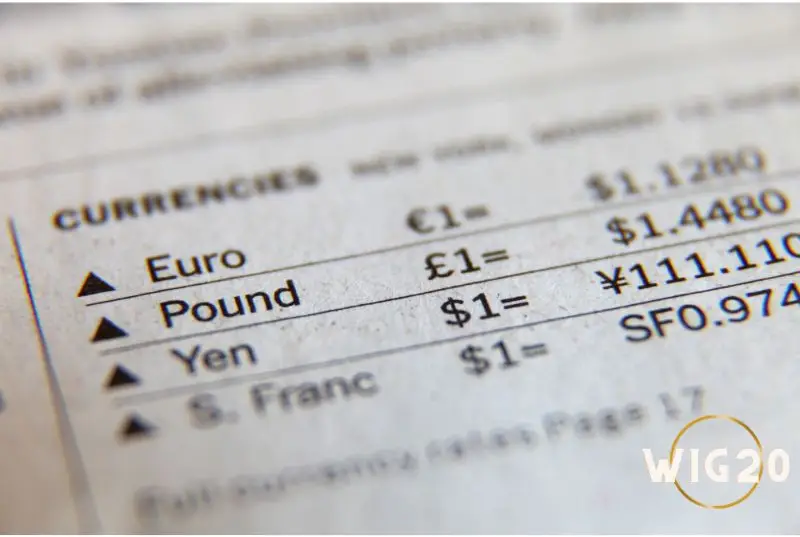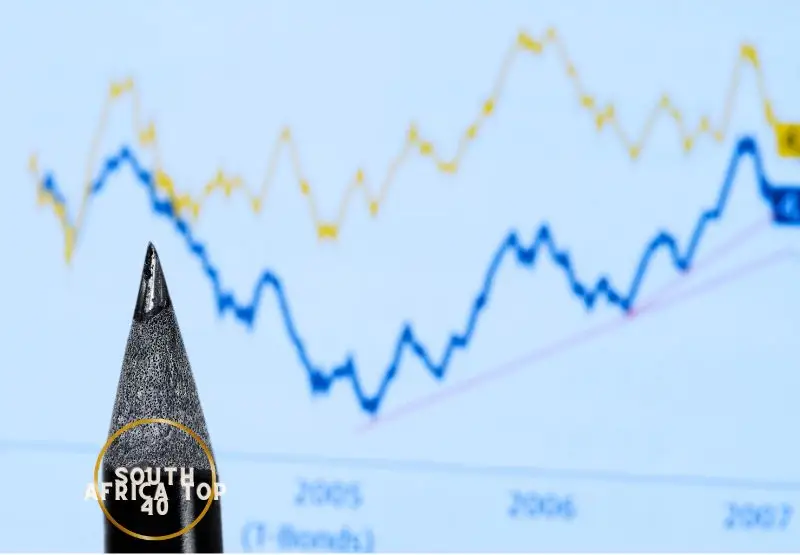Discover the vibrant and dynamic world of the stock market in Singapore, where opportunities abound for savvy investors looking to grow their wealth.
The Singapore stock market plays a crucial role in driving the country’s economy, providing companies with access to capital for growth and expansion.
Two of the main stock indices in Singapore are the Straits Times Index (STI) and the FTSE ST All-Share Index. These indices track the performance of top publicly listed companies in Singapore, giving investors valuable insights into the overall health of the market.
Whether you’re a seasoned investor or just starting out, keeping an eye on the stock market in Singapore can help you make informed decisions and seize profitable opportunities.
How Does the Stock Market Work in Singapore
The stock market in Singapore operates similarly to other global stock markets. It provides a platform for companies to raise capital by selling shares of their company to investors. Investors can then buy and sell these shares through a stock exchange, such as the Singapore Exchange (SGX).
To invest in the stock market in Singapore, individuals can open a brokerage account with a licensed brokerage firm. They can then buy and sell stocks listed on the SGX through their broker. Investors can choose to invest in individual stocks or diversify their portfolio by investing in mutual funds, exchange-traded funds (ETFs), or real estate investment trusts (REITs).
When investing in the stock market, it is important for investors to conduct thorough research on the companies they are interested in and understand their financial performance, industry trends, and future growth prospects.
Some major stocks listed on the SGX that have generated significant profits for investors include:
- DBS Group Holdings Ltd
- Singapore Airlines Ltd
- Temasek Holdings Pte Ltd
- OCBC Bank
- Genting Singapore PLC
Investors should be aware of the risks associated with investing in the stock market, such as market volatility, economic conditions, and company-specific risks. It is recommended that investors consult with a financial advisor before making investment decisions.
What is the benefits of buying stocks in Singapore
Investing in the Singapore stock market can offer several benefits to investors. Some of the key advantages include:
Diversification: The Singapore stock market offers a wide range of industries and sectors, allowing investors to diversify their portfolios and reduce risk.
Growth potential: Singapore is a hub for innovation and technology, providing ample opportunities for companies to grow and succeed in the global market.
Stable economy: Singapore has a strong and stable economy, making it an attractive destination for investors seeking long-term growth and stability.
Tax benefits: Investors in the Singapore stock market may enjoy tax benefits such as no capital gains tax or dividend withholding tax for non-residents.
When investing in the Singapore stock market, it is important to keep the following tips in mind:
Do your research: Before investing in any stock, make sure to do thorough research on the company’s financial performance, industry trends, and growth prospects.
Diversify your portfolio: Spread your investments across different sectors and industries to reduce risk and maximize returns.
Stay informed: Keep track of market news, economic indicators, and global events that could impact your investments in the Singapore stock market.
Consider long-term investments: While short-term trading can be profitable, consider holding onto quality stocks for the long term to benefit from compounding returns.
In conclusion, investing in the Singapore stock market can offer numerous benefits to investors looking for growth, diversification, and stability. By following these tips and staying informed about market trends, investors can make informed decisions that will help them achieve their financial goals.
The main stock indices in Singapore
Stock market indices are important indicators that provide a snapshot of the overall performance of a specific stock market or segment. They are useful for investors and analysts to gauge the health and direction of the market, as well as to track the performance of various industries or sectors.
In Singapore, one of the most important stock market indices is the Straits Times Index (STI). The STI comprises 30 of the largest and most actively traded stocks listed on the Singapore Exchange (SGX). These companies represent various sectors such as finance, real estate, and technology, making it a good barometer for the Singapore stock market.
The STI is regulated by SGX, which sets the criteria for inclusion in the index and regularly reviews its composition to ensure it remains relevant and representative of the market. Companies must meet certain requirements related to market capitalization, liquidity, and financial performance to be considered for inclusion in the index.
SGX also monitors trading activities on the STI to prevent manipulation and ensure fair and orderly markets. It enforces rules and regulations to maintain transparency, integrity, and investor confidence in the stock market.
Investors can use the STI as a benchmark to compare their portfolio performance against the broader market. By tracking how their investments fare relative to the index, they can assess their risk-adjusted returns and make informed decisions about their asset allocation strategies.
In conclusion, stock market indices like the STI play a crucial role in providing insights into market trends and guiding investment decisions. Regulated by authorities like SGX, these indices help maintain transparency and stability in financial markets while serving as valuable tools for investors seeking to navigate through complex investment landscapes.
Recap: The stock market in Singapore
The stock market in Singapore is a dynamic and thriving financial hub in Southeast Asia. With a strong regulatory framework and a diverse range of listed companies, investors have plenty of opportunities to grow their portfolios.
One of the key characteristics of the Singapore stock market is its stability. The government has implemented measures to ensure transparency and efficiency, making it an attractive destination for both local and international investors.
Investors in Singapore have access to a wide range of financial products, including equities, bonds, and derivatives. This diversity allows investors to create well-rounded portfolios that can withstand market fluctuations.
In recent years, the Singapore stock market has seen steady growth and increasing interest from foreign investors. This has helped boost liquidity and create more opportunities for trading.
Overall, the stock market in Singapore offers a wealth of opportunities for investors looking to diversify their portfolios and tap into the region’s robust economy. With its stable regulatory environment and diverse range of investment options, it continues to be a key player in the global financial markets.




























































